(L to R) Ethan Herisse stars as Elwood and Brandon Wilson as Turner in director RaMell Ross’s ‘Nickel Boys’, from Orion Pictures. Photo: Courtesy of Orion Pictures. © 2024 Amazon Content Services LLC. All Rights Reserved.
Opening in theaters in limited release on December 20th is ‘Nickel Boys,’ directed by RaMell Ross and starring Ethan Herisse, Brandon Wilson, Aunjanue Ellis-Taylor, Hamish Linklater, and Fred Hechinger.
Related Article: Director Ava DuVernay and Actress Aunjanue Ellis-Taylor Talk ‘Origin’
Initial Thoughts
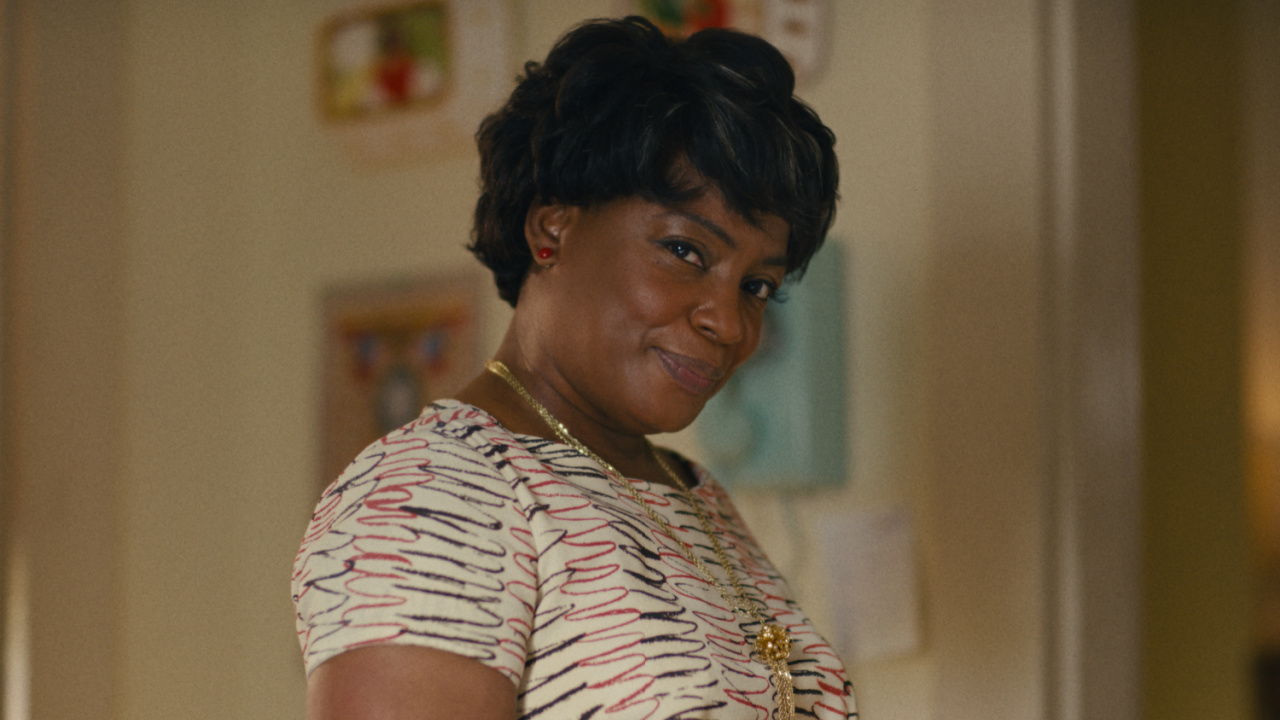
Aunjanue Ellis-Taylor stars as Hattie in director RaMell Ross’s ‘Nickel Boys’, from Orion Pictures. Photo: Courtesy of Orion Pictures. © 2024 Amazon Content Services LLC. All Rights Reserved.
There’s no question that writer-director RaMell Ross’ ‘Nickel Boys,’ which Ross adapted from the Pulitzer Prize-winning novel ‘The Nickel Boys’ by Colson Whitehead, is a boldly ambitious piece of filmmaking. Ross chooses an experimental way in which to tell the story of two young Black boys who become friends at a horrifying reform school in the Deep South in the 1960s, and like all experiments in narrative and storytelling, it may take the viewer some time to get their bearings.
Yet while the overall story being told is immensely powerful, moving and infuriating, Ross’ approach, while meant no doubt to be immersive and impressionistic, often draws attention to itself at the expense of the tale and the characters. All credit to Ross – making his first narrative fiction feature – for attempting something radically different from most cinematic fare these days. Whether it is the best presentation of this story, however, is a question for which Ross may have found the wrong answer.
Story and Direction
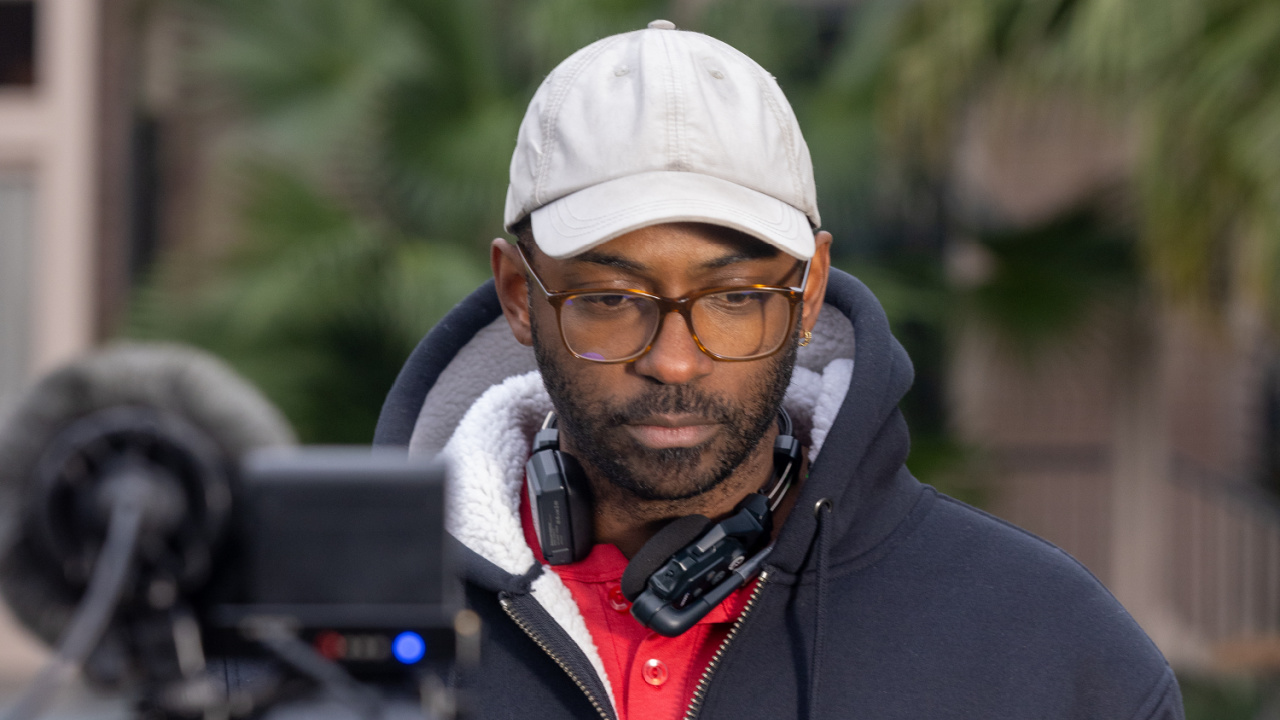
Director RaMell Ross on the set of his film ‘Nickel Boys’, from Orion Pictures. Photo: L. Kasimu Harris. © 2024 Amazon Content Services LLC. All Rights Reserved.
It’s 1962 in Tallahassee, Florida, and a young Black student named Elwood Curtis (Ethan Cole Sharp in his younger years, Ethan Herisse as he grows toward college age) is encouraged by a Black teacher (Jimmie Fails) in both his studies and critical thinking, beyond the bounds of what is primarily handed down by white instructors. Raised by his grandmother Hattie (Aunjanue Ellis-Taylor), Elwood is accepted at a historically Black college and hitchhikes to get there. But he never makes it; picked up by a man driving a stolen car, Elwood is arrested and accused of being the man’s accomplice. He’s sent to Nickel Academy, a Florida reform school that’s a barely disguised prison, where Black “students” aren’t educated, but farmed out as convict labor and subjected to brutal physical punishment.
Once there, Elwood becomes friends with Jack Turner (Brandon Wilson), who is as cynical and distrustful of the world as Elwood is righteous, curious, and idealistic. With both subjected to and observing the horrors inflicted on themselves and other “students” at the Academy, Elwood and Turner eventually take action to try and get things changed – with their eventual fates revealed in a flash-forward that takes place decades later.
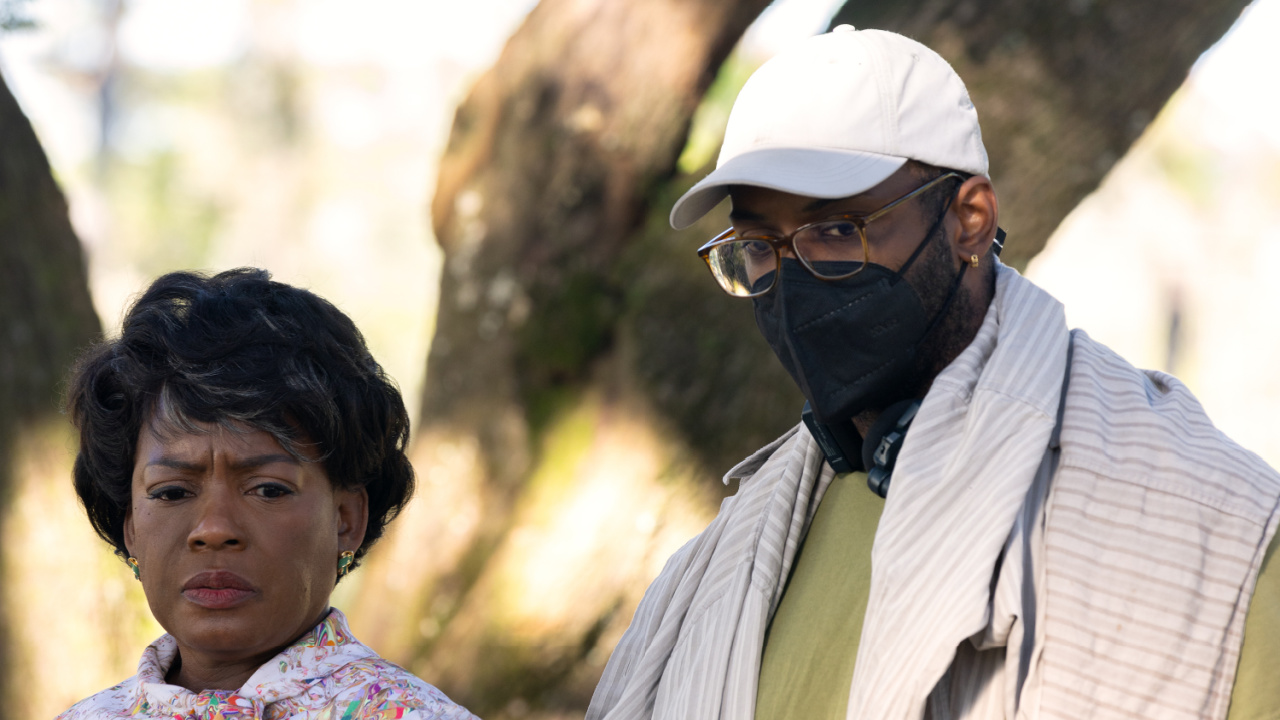
(L to R) Actor Aunjanue Ellis-Taylor and director RaMell Ross on the set of their film ‘Nickel Boys’, from Orion Pictures. Photo: L. Kasimu Harris. © 2024 Amazon Content Services LLC. All Rights Reserved.
The story itself is faithful to Whitehead’s novel and fairly straightforward in a conventional narrative sense, set against the backdrop of the Jim Crow era and the beginnings of the Civil Rights movement. But Ross chooses to tell the tale from the viewpoint of either Elwood or Turner (mostly Elwood at first, with more of Turner later), literally making the camera the character’s eyes, with his voice heard offscreen as he speaks to the other character in the scene, who responds directly to the camera. The aspect ratio is 1:33:1, making the image constricted as perhaps a real person’s vision would be, but also symbolic of the compressed, claustrophobic world that Elwood and Turner find themselves in. The result is disorienting at the first, and while the viewer can get used to it, one is also constantly reminded of the camera being there – which in theory is not something the filmmaker wants to happen.
It’s difficult to say whether the approach is more immersive than conventional composition, which is probably the effect Ross intended (and quite opposite of the way it came off in the 2015 video game-style film ‘Hardcore Henry’). But the lack of interaction between two characters who are both visible on the screen renders their relationship less dynamic and free-flowing. The odd use of the camera in the latter, present-day section of the film is even stranger, as Ross stations it over the shoulder of one of the characters like a small drone hovering behind him.
Having the camera literally be a character in the story for much of the film does prove to be a distraction, as does other frequent tangents like collages of random images and sounds, or excerpts from contemporary newsreel footage and films like ‘The Defiant Ones.’ But ‘Nickel Boys’ is still a powerful piece of work despite that. Elwood and Turner’s plight is fiercely frustrating and maddening, no matter how much one thinks one knows about the mistreatment of Black men throughout U.S. history, and the fact that their spirits still flicker with life — despite the crushing abuse and trauma they endure — makes for a profoundly powerful statement.
The Cast
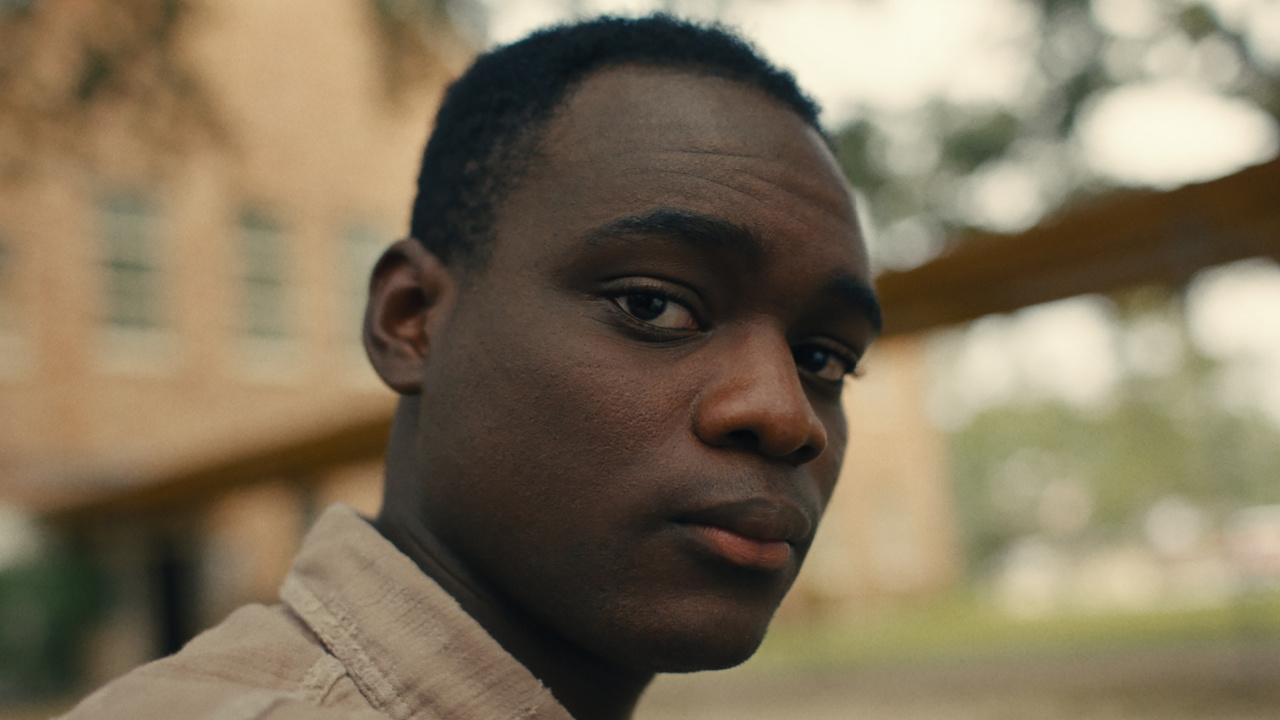
Ethan Herisse stars as Elwood in director RaMell Ross’s ‘Nickel Boys’, from Orion Pictures. Photo: Courtesy of Orion Pictures. © 2024 Amazon Content Services LLC. All Rights Reserved.
Ethan Herisse and Brandon Wilson, who play Elwood and Turner for the bulk of the movie, are great and deeply affecting – when you can see them. The movie’s stylistic delivery makes it so that one of them is off-camera for vast periods of time, especially Herisse in the first half of the film. Hearing just their voices isn’t quite the same. To their credit – and that of the other cast members – they are both marvelous and believable when speaking directly to the camera (which must have been difficult even when their scene partner had the camera attached to them, as was often the case).
Aunjanue Ellis-Taylor gives the best overall performance as Hattie, with work that is often stunning – and again, even more of a feat when she’s playing straight to the camera. Hattie is kind, loving, empathetic, and care-worn, yet fully aware of the world she’s raising her grandson in, with her pain and frustration bubbling right below the surface. “Things are going to be different now,” she says at one point about Lyndon Johnson continuing John F. Kennedy’s civil rights policies after the latter is shot, but you know she’s not sure how much she believes that. In one of the movie’s most heartbreaking scenes, she discovers that the lawyer she’s paid to help get Elwood out of Nickel has run off with her money, and her reaction is simply devastating.
Kudos as well to Hamish Linklater as the sadistic Nickel headmaster Spencer and Fred Hechinger as his henchman Harper, the latter of whom has a side hustle in which he recruits Elwood and Turner – although he’s cruelly willing to throw them under the bus in a heartbeat. Linklater brings a chilling malevolence to the kind of falsely pious, secretly psychopathic villain we’re unfortunately used to in real life even now, while Hechinger shows a bit more restraint and shading here than in his recent turns in ‘Gladiator II’ and ‘Kraven the Hunter.’
Final Thoughts
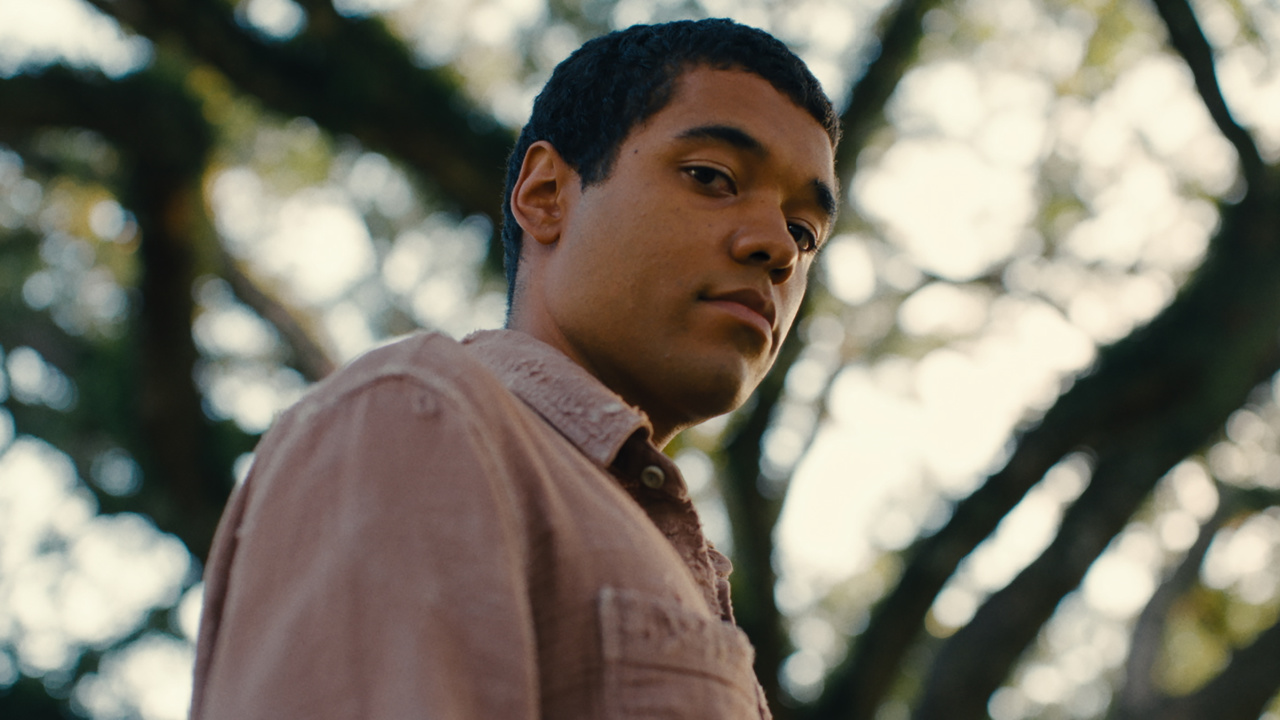
Brandon Wilson stars as Turner in director RaMell Ross’s ‘Nickel Boys’, from Orion Pictures. Photo: Courtesy of Orion Pictures. © 2024 Amazon Content Services LLC. All Rights Reserved.
One can’t help but wonder what ‘Nickel Boys’ would look like if RaMell Ross had shot it in a more conventional style. Would it be a more conventional film? Would its themes still come through with a more traditional approach? The movie doesn’t hit the emotional notes that we might expect as it is configured now. In the end, while the individual performances and overall narrative work hard to be as absorbing as possible, the more abstract nature of the film makes it end up fighting itself.
Which is a shame, because the story of Nickel Academy (and by association, the real-life story of the awful Dozier School for Boys, upon which the setting of ‘Nickel Boys’ was based) needs to be told, and the names of the many “students” buried in unmarked graves – at least 100 of them — at Dozier need to be remembered. ‘Nickel Boys,’ the movie, walks a tricky tightrope between style and substance, not always finding the right balance and not getting its point across as clearly as it could.
‘Nickel Boys’ receives 6.5 out of 10 stars.
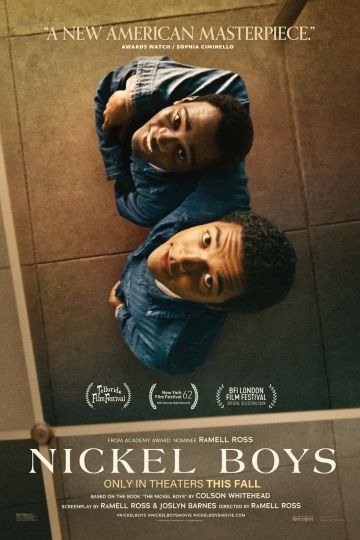
Elwood Curtis’s college dream shatters alongside a two-lane Florida highway. Bearing the brunt of an innocent misstep, he’s sentenced to the netherworld of Nickel… Read the Plot
What is the plot of ‘Nickel Boys’?
A young Black man named Elwood (Ethan Herisse), growing up in the 1960s, ends up through unfortunate circumstances in an abusive reform school called Nickel Academy, enduring his time there while forging a friendship with another student named Turner (Brandon Wilson).
Who is in the cast of ‘Nickel Boys’?
- Ethan Herisse as Elwood
- Brandon Wilson as Turner
- Aunjanue Ellis-Taylor as Hattie
- Hamish Linklater as Spencer
- Fred Hechinger as Harper
- Jimmie Fails as Mr. Hill
- Daveed Diggs as adult Elwood
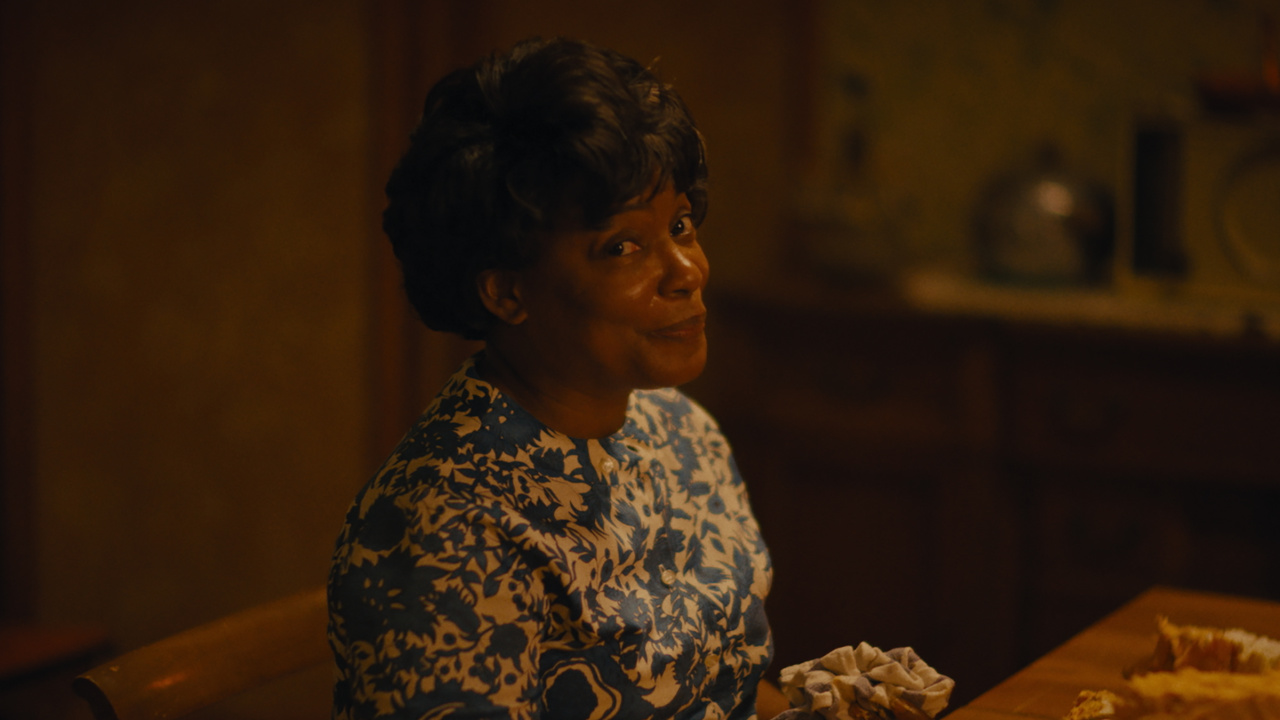
Aunjanue Ellis-Taylor stars as Hattie in director RaMell Ross’s ‘Nickel Boys’, from Orion Pictures. Photo: Courtesy of Orion Pictures. © 2024 Amazon Content Services LLC. All Rights Reserved.

























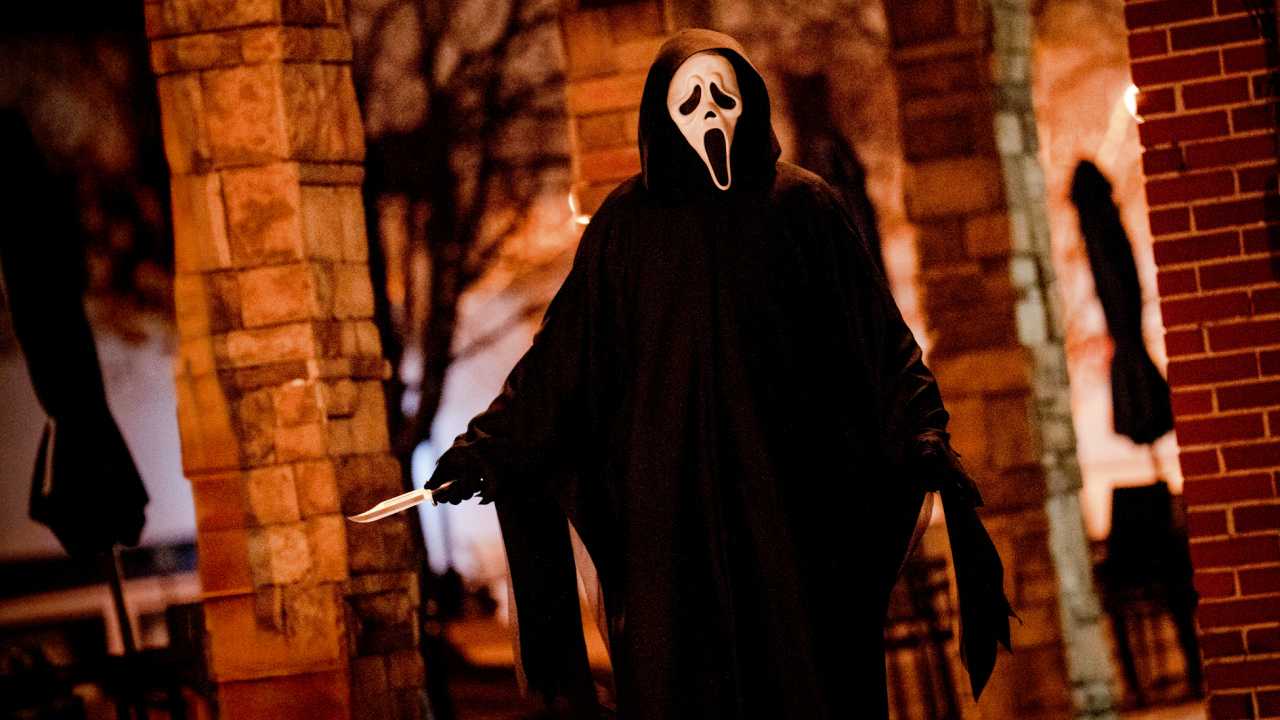

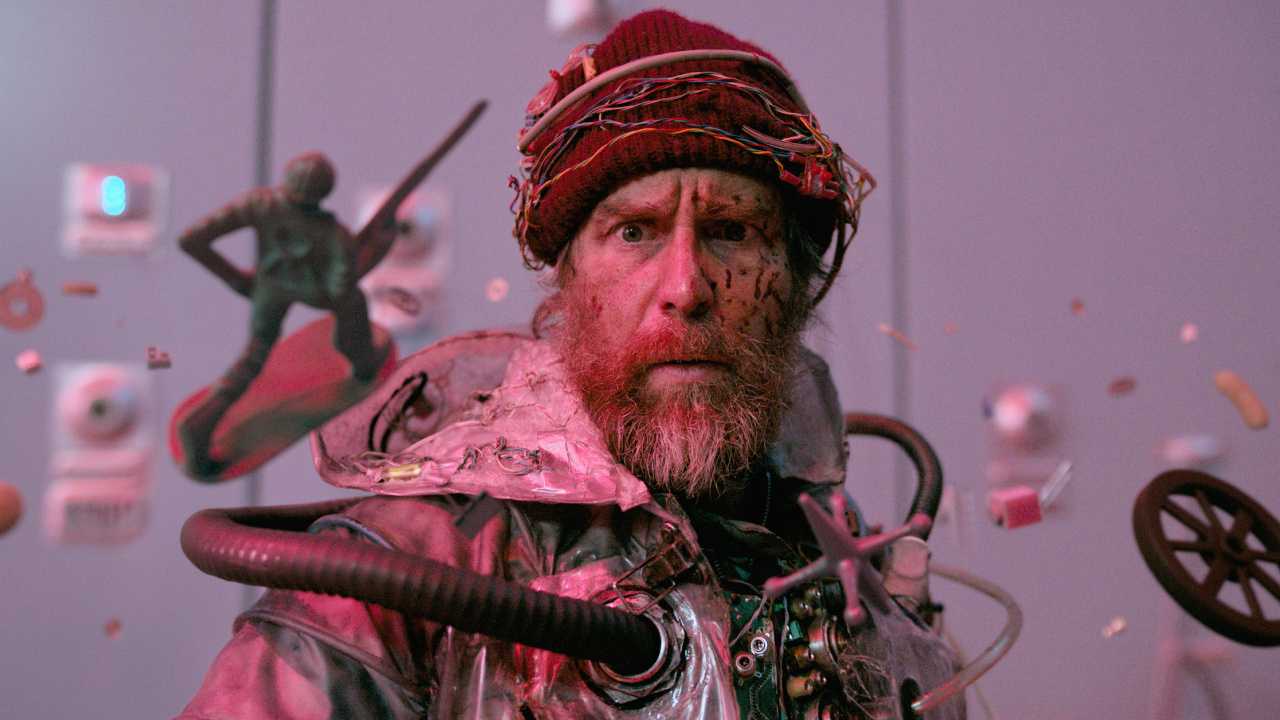
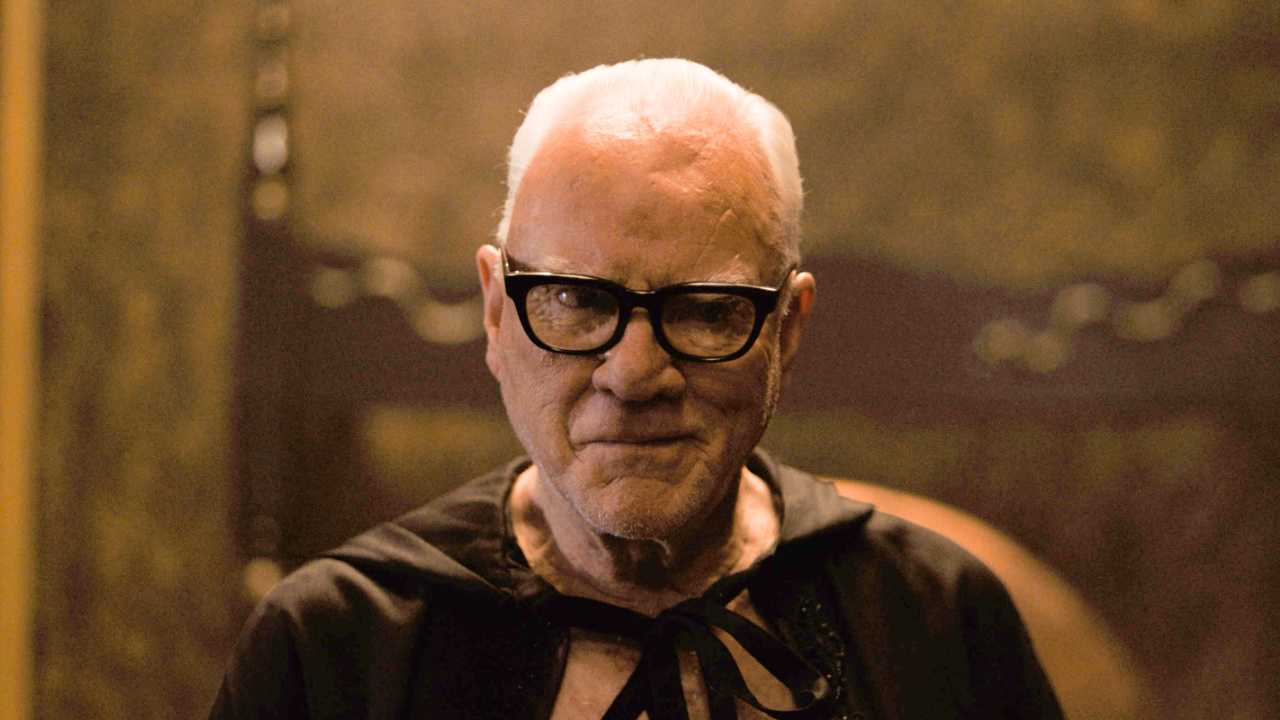
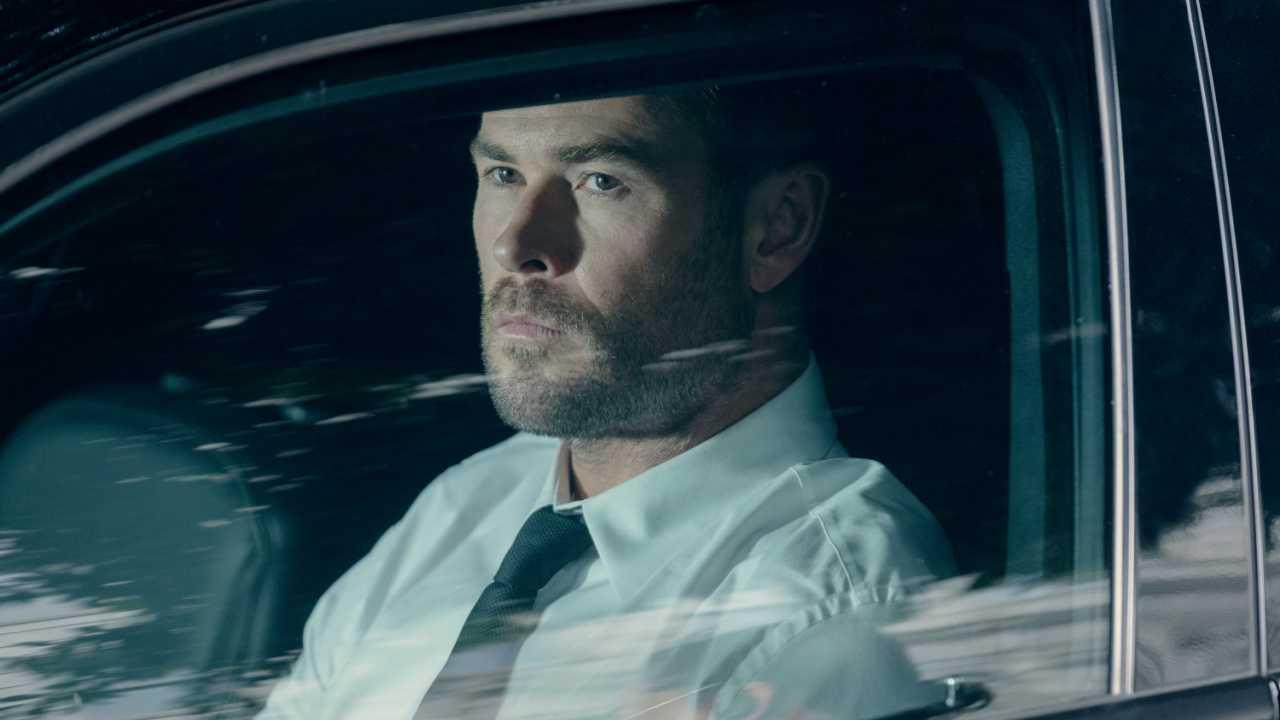
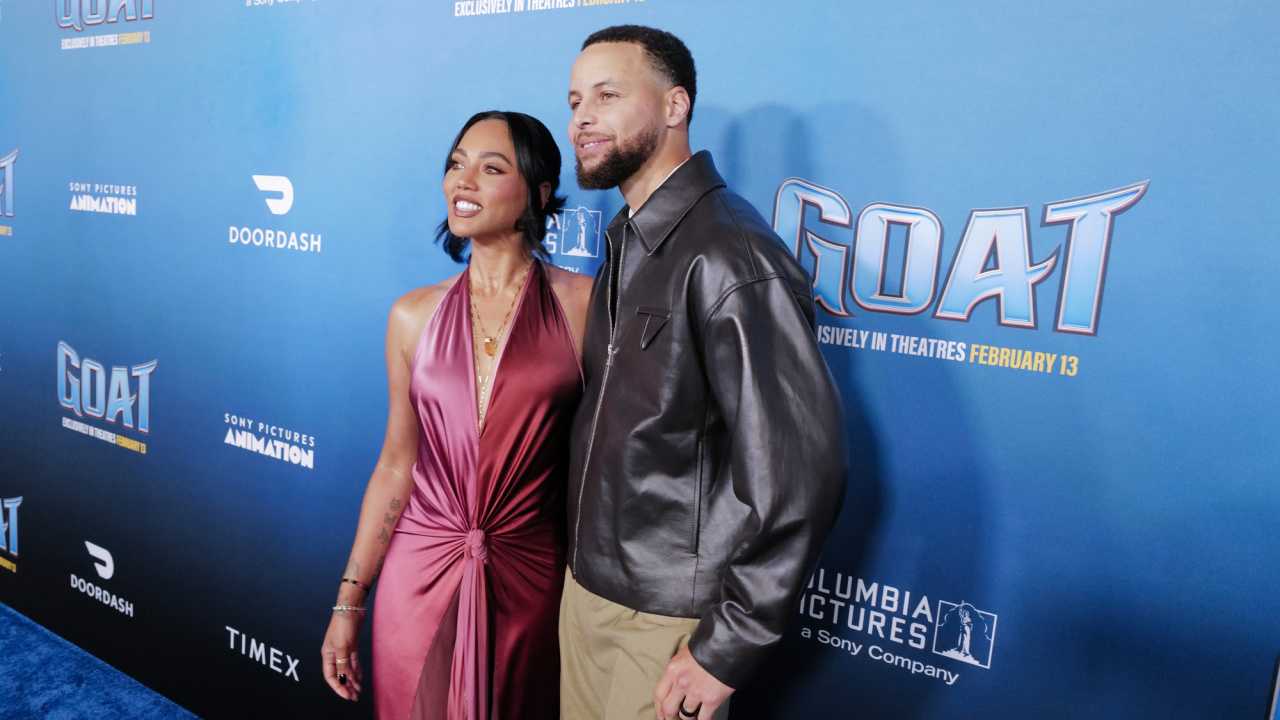

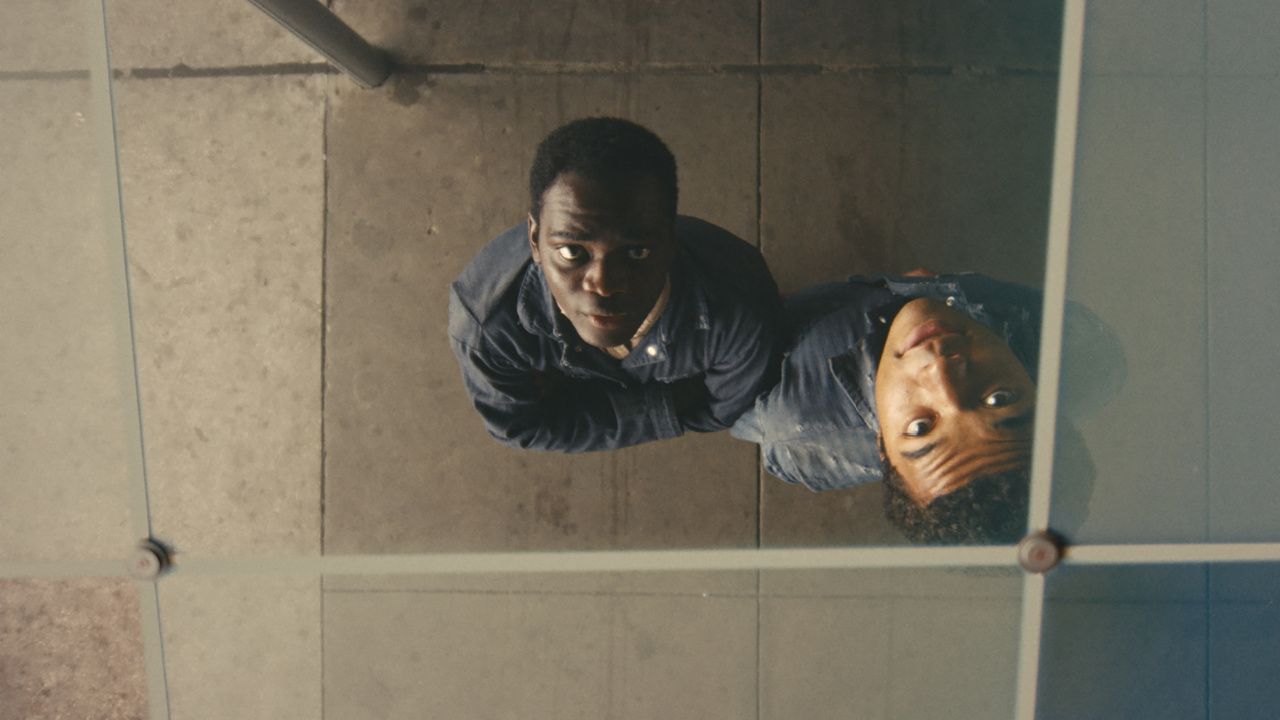
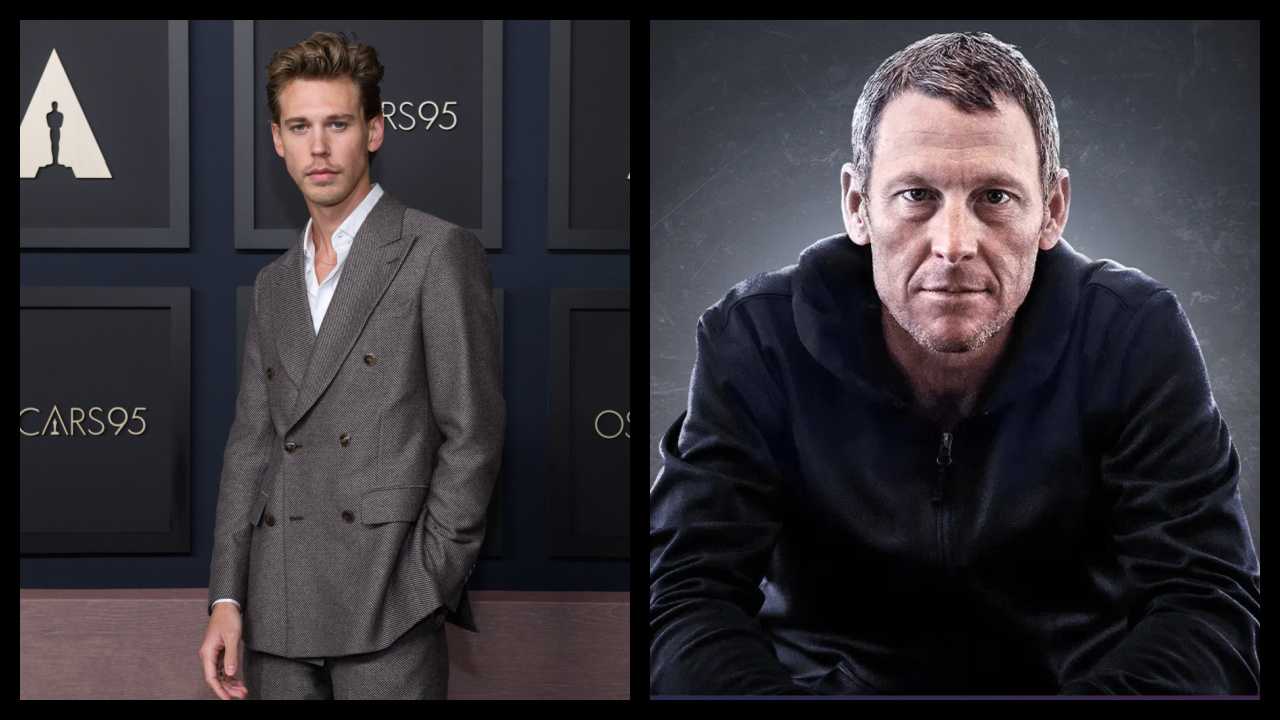
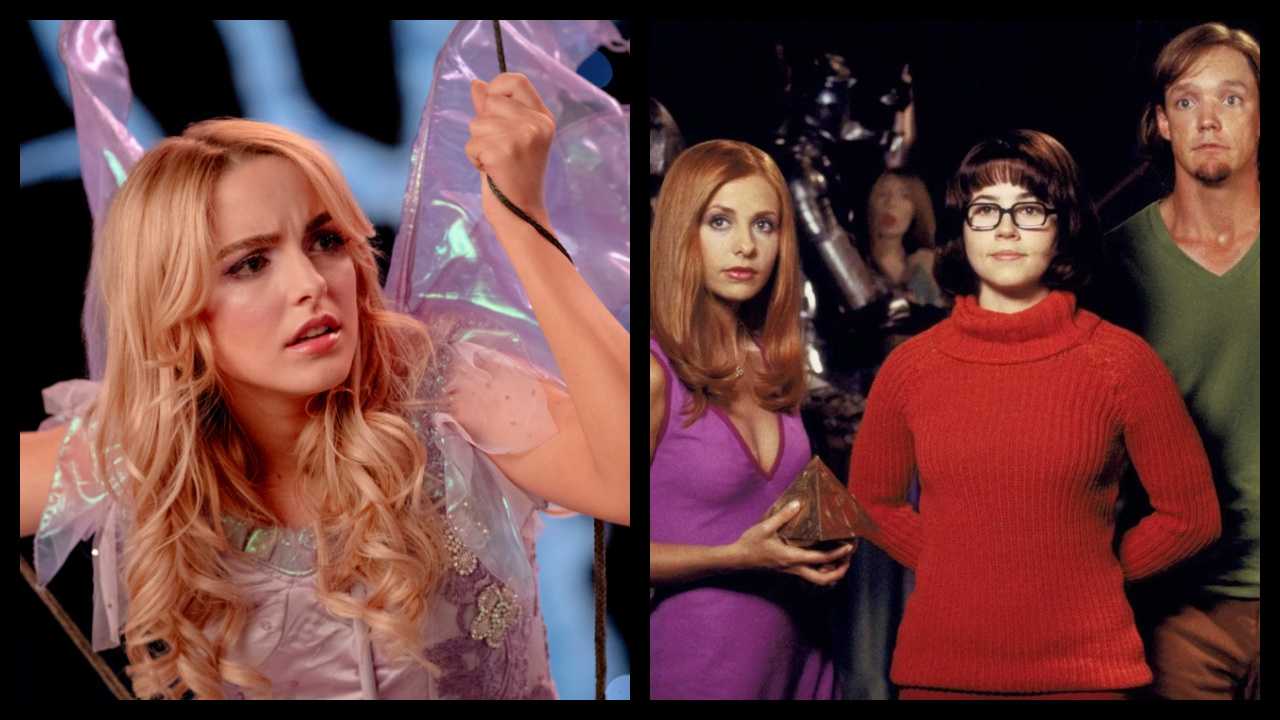
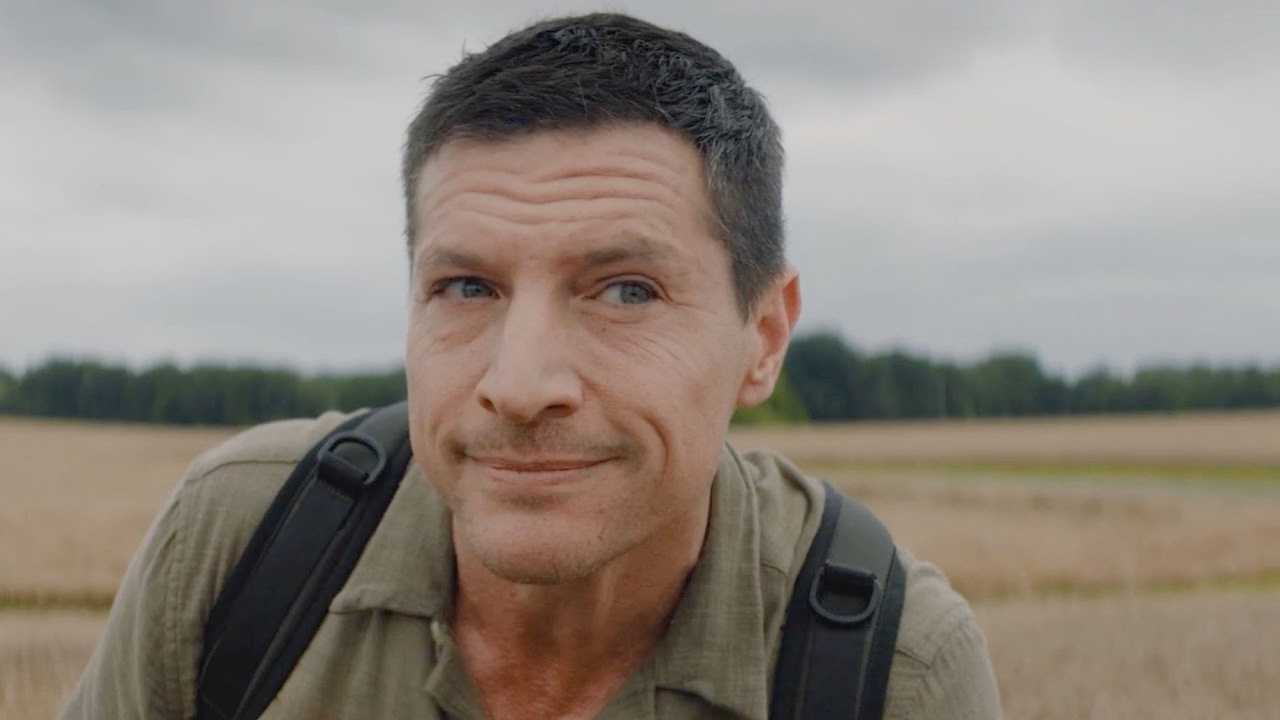







Discussion about this post